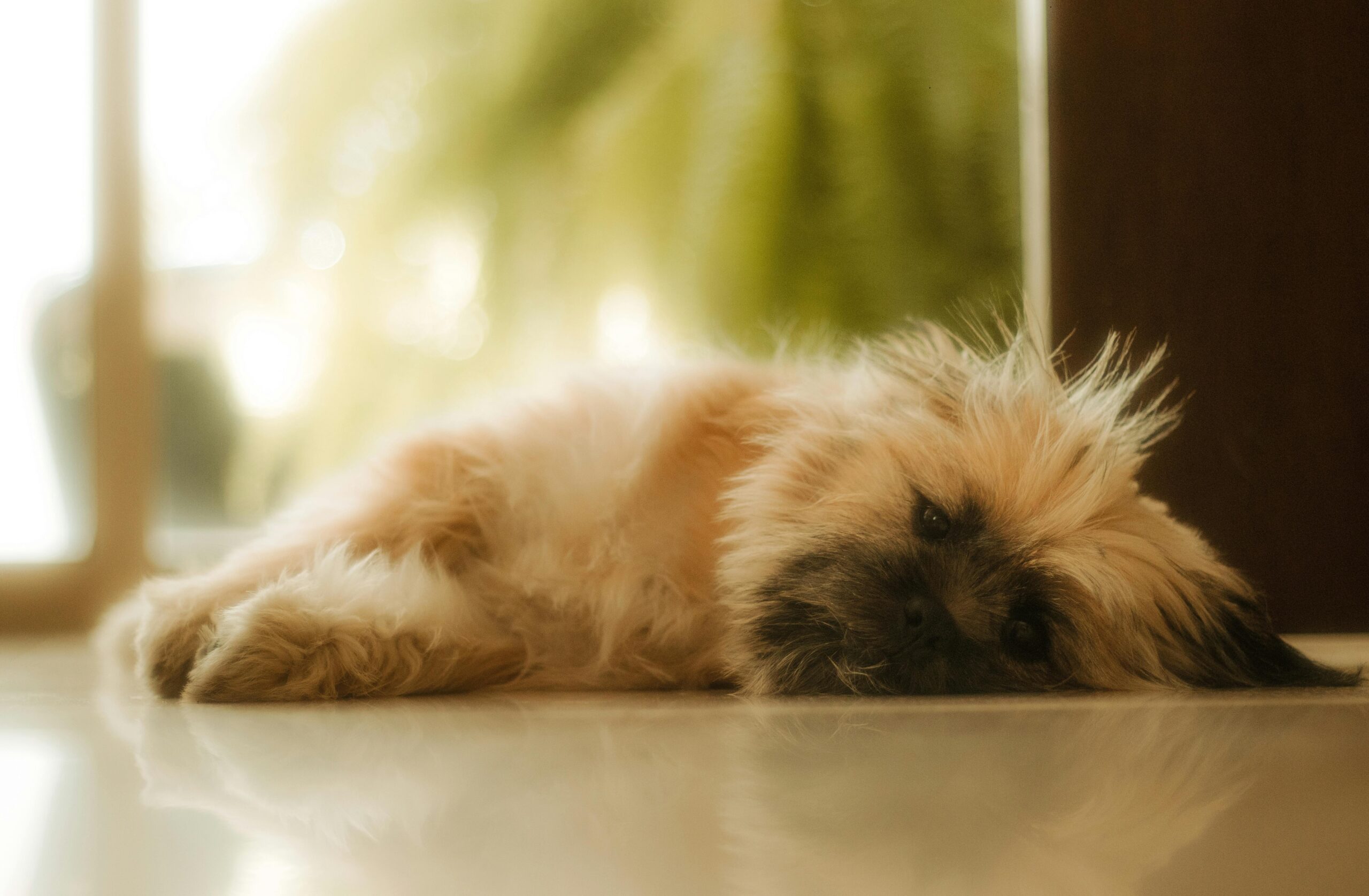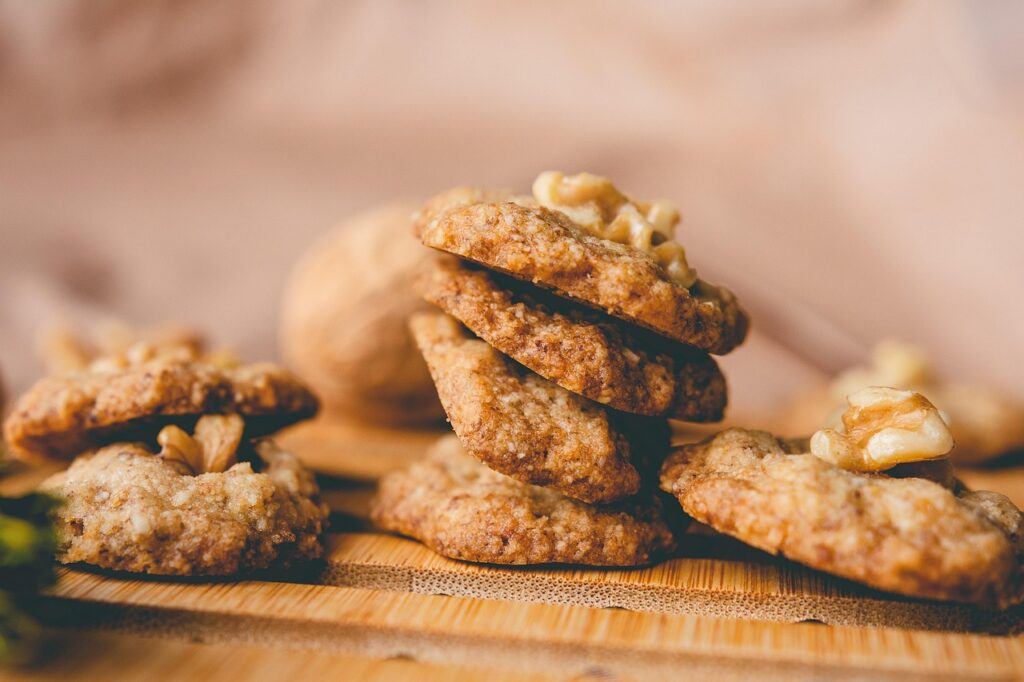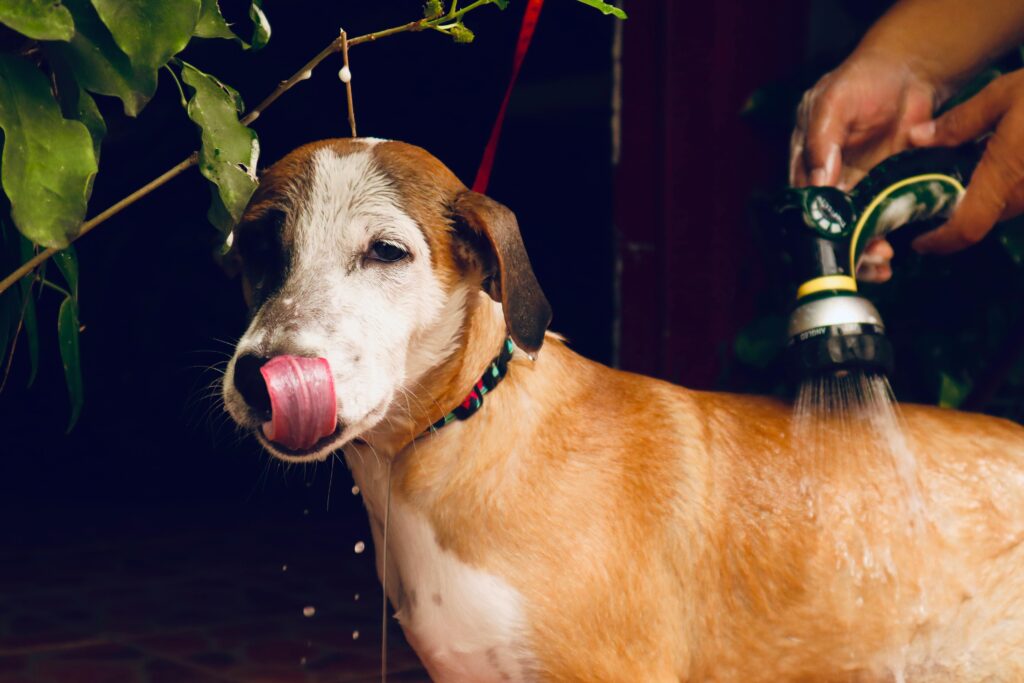Bringing a new puppy home is like opening a fresh chapter filled with excitement, love, and of course—little surprises. Their curious nature, playful antics, and those innocent eyes can melt even the hardest of hearts. But along with the joy comes a sense of responsibility. We become attuned to every little change in their behavior, and when something seems off, our hearts can’t help but worry.
One of the most common (and sometimes alarming) issues that puppy parents face is diarrhea. I remember when my puppy, Max, had his first bout of diarrhea. I panicked. His playful energy had dimmed, and I couldn’t help but imagine the worst. But as I learned, diarrhea in puppies is quite common and can range from something mild to more serious.
In this article, I’ll share what I’ve learned about puppy diarrhea—the causes, how to care for them, when to worry, and of course, some of my own experiences navigating this nerve-wracking yet rewarding journey of puppy parenthood.
Is Diarrhea in Puppies Normal?
Before we dive into the causes and treatments, let’s address the big question: Is it normal for puppies to have diarrhea?
The short answer is yes—to an extent. Puppies are like babies; their immune systems are still developing, and they are constantly exploring the world with their noses and mouths. This curiosity can expose them to a variety of things that may upset their stomachs. Sometimes, diarrhea is just their body’s way of reacting to new food, stress, or mild infections.
However, diarrhea can also signal something more serious. That’s why it’s essential to observe your puppy closely and understand when it’s time to seek help.
Common Causes of Diarrhea in Puppies
There are several reasons why your puppy might have diarrhea. Some are harmless, while others require immediate attention.
1. Dietary Changes or Food Intolerance
Puppies have sensitive stomachs. If you’ve recently switched their food, introduced new treats, or allowed them to nibble on table scraps, it could upset their digestive system. Even something as simple as eating too much too quickly can cause diarrhea.
Personal Tip: When I first transitioned Max from puppy kibble to wet food, he had a mild case of diarrhea. I learned the importance of gradually introducing new foods over several days to help their tummies adjust.
2. Ingesting Foreign Objects
Puppies are notorious for chewing and swallowing things they shouldn’t—grass, dirt, socks, or even small toys. These foreign objects can irritate the digestive tract, leading to diarrhea.
A Lesson Learned: Max once swallowed a small piece of his toy. He had diarrhea for a day, and I rushed him to the vet thinking the worst. Thankfully, he passed it naturally, but it taught me to puppy-proof the house better!
3. Parasites
Intestinal parasites like roundworms, hookworms, and giardia are common in puppies, especially if they haven’t been dewormed regularly. Parasites can cause persistent diarrhea, often accompanied by a bloated belly, weight loss, and a dull coat.
If you see worms in your puppy’s stool or notice ongoing diarrhea, consult your vet immediately. Regular deworming as per your vet’s advice is crucial.
4. Infections (Bacterial or Viral)
Serious infections like parvovirus, distemper, or bacterial infections like salmonella can cause severe diarrhea in puppies. These are medical emergencies and need immediate attention.
Signs to Watch For:
- Bloody diarrhea
- Vomiting
- Lethargy
- Loss of appetite
- Fever
If your puppy shows any of these signs, rush to the vet immediately. Early treatment can make all the difference.
5. Stress and Anxiety
Yes, puppies can get stressed, too! Moving to a new home, meeting new people or pets, or even changes in routine can cause stress-induced diarrhea.
When I first brought Max home, he was overwhelmed by all the new sights and sounds. He had loose stools for a couple of days, but once he settled into his routine, his tummy calmed down.
6. Food Poisoning or Toxins
If your puppy accidentally ingests something toxic—like certain plants, chocolate, or household chemicals—it can cause diarrhea along with other severe symptoms like vomiting, seizures, or weakness. This is a life-threatening emergency, and you should get veterinary help immediately.

When to Worry: Signs That Diarrhea Is Serious
While mild diarrhea can often resolve on its own, certain signs indicate that it’s more than just an upset stomach:
- Bloody or black, tarry stools
- Vomiting alongside diarrhea
- Severe lethargy or unresponsiveness
- Signs of dehydration (dry gums, sunken eyes, skin tenting)
- Diarrhea lasting more than 24-48 hours
- Fever
- Painful or bloated abdomen
If your puppy exhibits any of these symptoms, don’t wait—seek veterinary care immediately.
How to Care for a Puppy with Diarrhea at Home
If your puppy has mild diarrhea but is otherwise active and eating well, you can try some simple home care steps. But always consult your vet before starting any treatment, especially with young puppies.
1. Withhold Food (But Not Water) for 6-12 Hours
Giving your puppy’s digestive system a short break can help calm things down. However, never withhold water, as dehydration can set in quickly. Make sure fresh, clean water is always available.
2. Introduce a Bland Diet
After the fasting period, you can offer a bland diet to soothe their stomach. This usually includes:
- Boiled chicken (no skin, no seasoning)
- Plain white rice
- Pumpkin puree (plain, not the pie filling)
Feed small, frequent meals and gradually transition back to their regular food over a couple of days.
3. Hydration Is Key
Puppies can become dehydrated quickly when they have diarrhea. Offer water frequently, and you can even add a bit of unflavored Pedialyte (with your vet’s approval) to help replenish lost electrolytes.
4. Monitor Closely
Keep an eye on their behavior, energy levels, and stool consistency. If the diarrhea persists beyond 24 hours or any additional symptoms appear, contact your vet immediately.
When to See the Vet Right Away
While some cases of diarrhea can be managed at home, there are times when immediate veterinary attention is necessary:
- Puppies under 12 weeks old: Young puppies are at higher risk for dehydration and serious infections.
- Bloody diarrhea or black stools
- Vomiting along with diarrhea
- Signs of severe dehydration (dry gums, lethargy, sunken eyes)
- No improvement after 24-48 hours of home care
Trust your instincts—if something feels wrong, it’s better to be cautious.
Preventing Diarrhea in Puppies
Prevention is always better than cure. Here are some tips to keep your puppy’s tummy happy and healthy:
- Stick to a Consistent Diet: Avoid sudden changes in food, and introduce new items gradually.
- Puppy-Proof Your Home: Keep harmful substances and small objects out of reach.
- Regular Deworming: Follow your vet’s deworming schedule to prevent parasites.
- Keep Vaccinations Up-to-Date: Protect your puppy from serious infections like parvo and distemper.
- Avoid Contaminated Areas: Until your puppy is fully vaccinated, avoid places where many dogs gather, like parks or pet stores.
My Personal Experience: When Max Had Diarrhea
I still remember how helpless I felt when Max had his first serious bout of diarrhea. It wasn’t just the mess (though, let’s be honest, that part wasn’t fun either!). It was the worry in my heart, seeing his usual bouncy energy fade. He was only 10 weeks old, and I couldn’t help but imagine the worst.
I called the vet immediately, and they reassured me that it was likely a dietary issue. I followed the advice to feed him a bland diet of boiled chicken and rice, and within a day, Max was back to his playful self. But that experience taught me a valuable lesson—to stay calm, be observant, and always trust my instincts when something feels off.
Final Thoughts
Diarrhea in puppies can be alarming, but with the right knowledge and care, most cases are manageable. Always pay attention to your puppy’s overall behavior, energy levels, and appetite. Trust your instincts—if you feel something isn’t right, don’t hesitate to reach out to your vet.
Being a puppy parent is a journey filled with ups and downs, but the love and companionship they bring are worth every moment of worry. I hope this article helps ease your concerns and guides you through the process of caring for your little one.
Sending love and tail wags to you and your puppy! ❤️🐾




